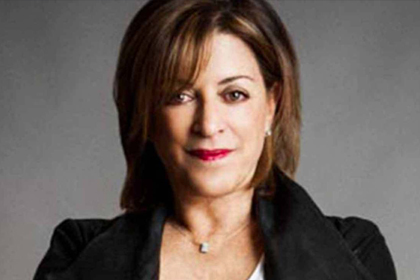 Are Agents Good For Dancers?
Are Agents Good For Dancers?
YOU BET THEY ARE! Meet Julie McDonald, Super Agent!
Julie is interviewed by Grover in the presence of 35 young dancers at one of his Hollywood Intensives.
Grover: (to students) Twenty years ago, Julie changed the dance world by establishing agent representation for dancers. Thanks to her, dancers began to enjoy advantages they had never known before. (to Julie) How challenging was getting it off the ground? Did producers and casting directors embrace what you were doing?
Click here to join today to access the Auditions Calendar and members-only content.
